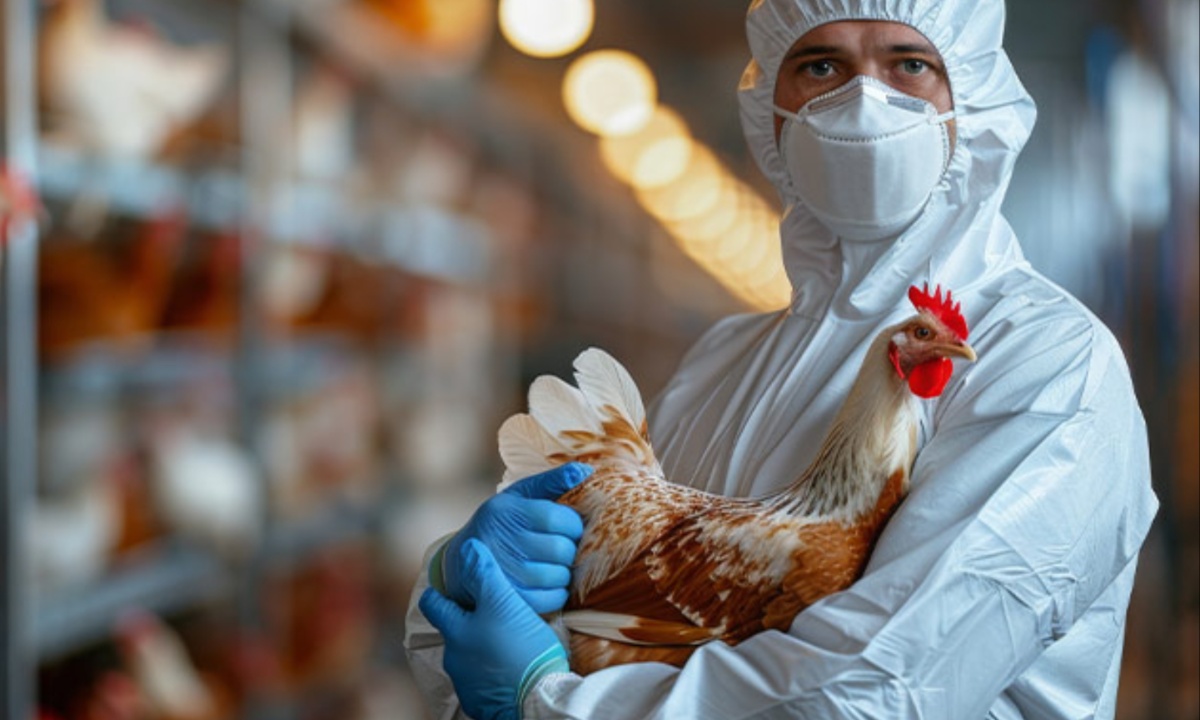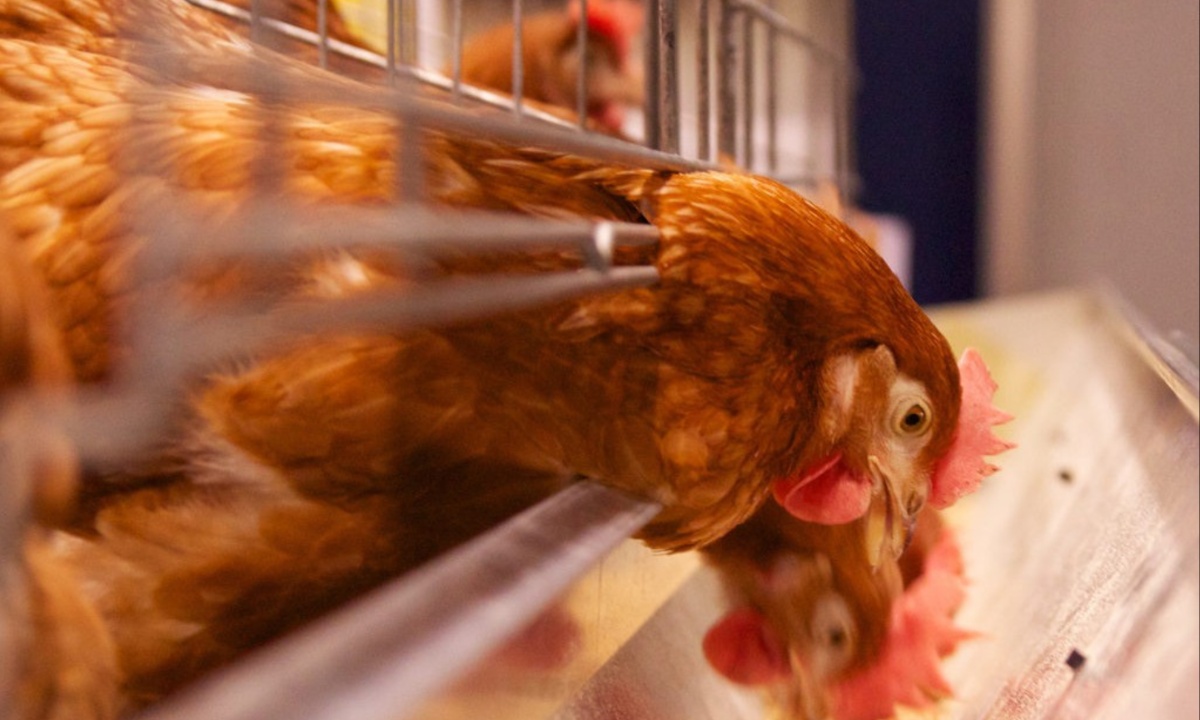A bird flu outbreak has been confirmed at a poultry farm near Rosudgeon in Cornwall. To contain the spread, the government has ordered the humane culling of all birds at the farm and has implemented a 3km (1.9 mile) protection zone along with a 10km (6.2 mile) surveillance zone. These measures aim to prevent further transmission of the virus.
This is the first recorded case of highly pathogenic avian influenza (HPAI) H5N1 in the UK during the current season. Another strain, H5N5, was detected earlier this month on a farm in East Riding of Yorkshire. Both strains, H5N1 and H5N5, have also been found in wild birds, highlighting the virus’s ongoing presence in the country.

The avian flu virus, which has existed for over a century, typically emerges in autumn and tends to dissipate by spring or summer. This seasonal pattern is often influenced by migratory birds, which act as carriers and contribute to the virus’s spread across regions.
Transmission occurs through infected birds’ droppings, saliva, or contaminated food and water sources. Control measures, such as culling infected birds and implementing biosecurity zones, are crucial in limiting outbreaks. The recent detections emphasize the persistent threat avian influenza poses to both poultry farming and wild bird populations.
